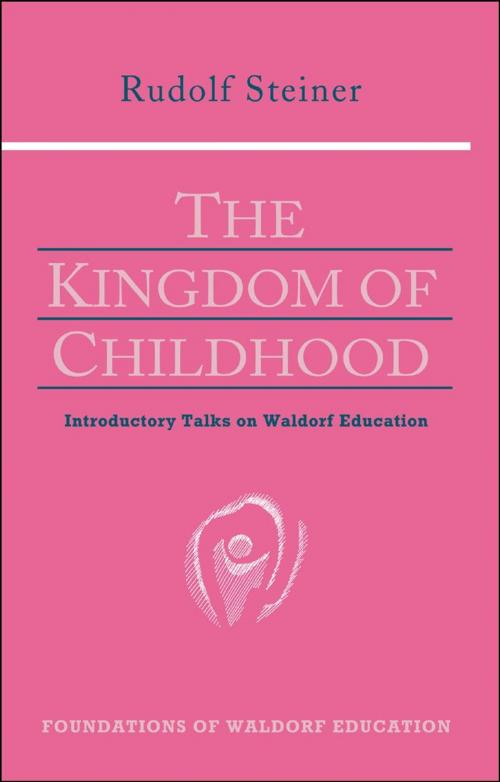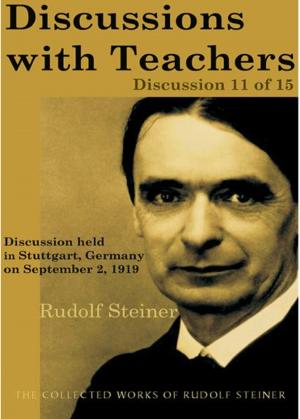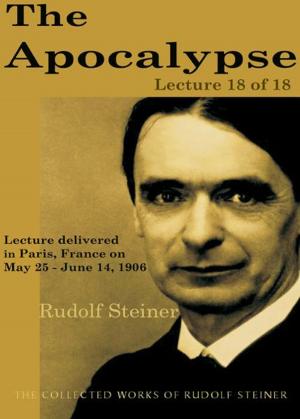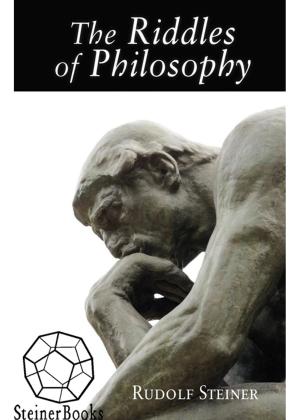Kingdom of Childhood
Nonfiction, Reference & Language, Education & Teaching, Educational Theory, Philosophy & Social Aspects| Author: | Rudolf Steiner, Christopher Bamford | ISBN: | 9780880109260 |
| Publisher: | SteinerBooks | Publication: | January 1, 1995 |
| Imprint: | SteinerBooks, Collected Works | Language: | English |
| Author: | Rudolf Steiner, Christopher Bamford |
| ISBN: | 9780880109260 |
| Publisher: | SteinerBooks |
| Publication: | January 1, 1995 |
| Imprint: | SteinerBooks, Collected Works |
| Language: | English |
These seven intimate, aphoristic talks were presented to a small group on Steiners final visit to England. Because they were given to pioneers dedicated to opening a new Waldorf school, these talks are often considered one of the best introductions to Waldorf education. Steiner shows the necessity for teachers to work on themselves first, in order to transform their own inherent gifts. He explains the need to use humor to keep their teaching lively and imaginative. Above all, he stresses the tremendous importance of doing everything in the knowledge that children are citizens of both the spiritual and the earthly worlds. And, throughout these lectures, he continually returns to the practical value of Waldorf education. These talks are filled with practical illustrations and revolve around certain themesthe need for observation in teachers; the dangers of stressing the intellect too early; childrens need for teaching that is concrete and pictorial; the education of childrens souls through wonder and reverence; the importance of first presenting the whole, then the parts, to the childrens imagination. Here is one of the best introductions to Waldorf education, straight from the man who started it all.
These seven intimate, aphoristic talks were presented to a small group on Steiners final visit to England. Because they were given to pioneers dedicated to opening a new Waldorf school, these talks are often considered one of the best introductions to Waldorf education. Steiner shows the necessity for teachers to work on themselves first, in order to transform their own inherent gifts. He explains the need to use humor to keep their teaching lively and imaginative. Above all, he stresses the tremendous importance of doing everything in the knowledge that children are citizens of both the spiritual and the earthly worlds. And, throughout these lectures, he continually returns to the practical value of Waldorf education. These talks are filled with practical illustrations and revolve around certain themesthe need for observation in teachers; the dangers of stressing the intellect too early; childrens need for teaching that is concrete and pictorial; the education of childrens souls through wonder and reverence; the importance of first presenting the whole, then the parts, to the childrens imagination. Here is one of the best introductions to Waldorf education, straight from the man who started it all.















